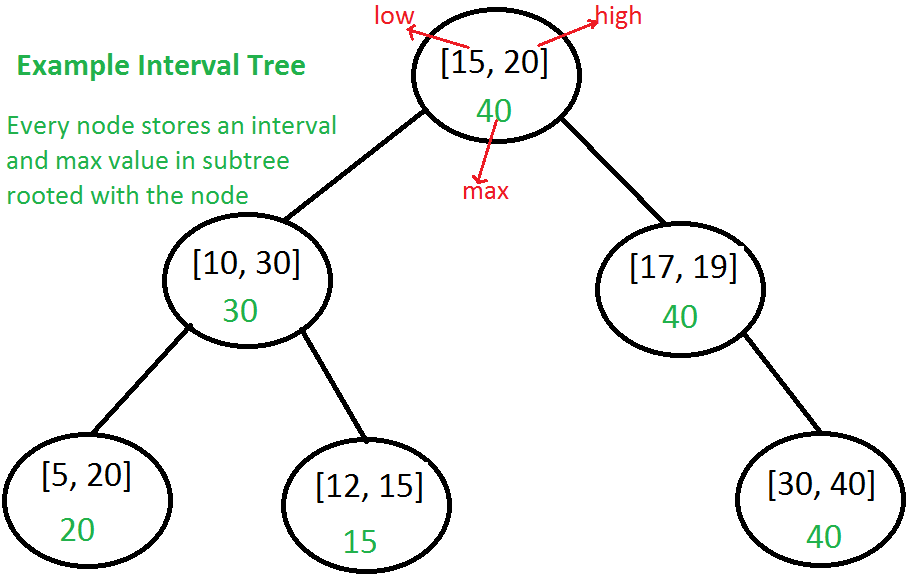Zillow aims to optimize the property reservation system to prevent double-booking and ensure that users can easily find available properties within their desired time frames. By implementing an Interval Tree, Zillow can efficiently manage and query overlapping time intervals, providing a robust solution for managing property availability.
Perks of using Interval Tree
- Prevent Double-Booking: Efficiently manage overlapping reservations to avoid conflicts.
- Improve User Experience: Quickly find available properties within desired time frames.
- Scalable Solution: Handle increasing numbers of reservations without degrading performance.

Implementation Steps
-
Implement an Interval Tree where each node represents a property reservation with a start and end time. Each node should also store the maximum end time of any interval in its subtree to facilitate efficient overlap queries.
-
Create a function to insert new property reservations into the Interval Tree. This function will ensure that the tree remains balanced and updates the maximum end time values appropriately.
-
Develop a function to search the Interval Tree for overlapping reservations given a new reservation request. This function will quickly identify any existing reservations that conflict with the requested time frame.
-
Implement functions to update existing reservations, including modifying the start or end times. Ensure that any changes trigger the necessary rebalancing and maximum end time updates to maintain the tree’s efficiency.
-
Create a function to delete reservations from the Interval Tree. This function should also handle rebalancing and update the maximum end time values in the affected subtrees.
Time and Space Complexity
- Time Complexity:
O(N log N) - Space Complexity:
O(N)

